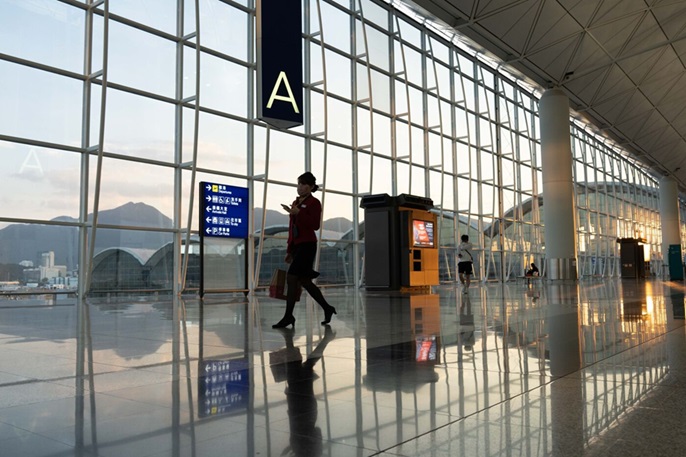Hong Kong authorities have rebuffed recent travel advisories issued by Australia, Taiwan, and Britain following the enactment of the new domestic security law, dismissing them as “political maneuvers” and “scaremongering.” The Hong Kong government condemned the updated travel advice, which cautioned travelers about potential risks and inadvertently violating local laws, particularly the Safeguarding National Security Ordinance.
A government spokesperson defended the new law, required under Article 23 of the Basic Law, stating that all stipulations were accurate and penalties were clearly defined. The government emphasized that ordinary travelers would not engage in activities endangering national security and would not unintentionally violate the law. They strongly condemned what they deemed as political maneuvers with skewed, fact-twisting, scaremongering, and panic-spreading remarks.
The Safeguarding National Security Ordinance, separate from the 2020 Beijing-enacted security law, targets offenses such as treason, insurrection, sabotage, external interference, sedition, theft of state secrets, and espionage. It allows for pre-charge detention of up to 16 days, and access to lawyers for suspects may be restricted, with penalties involving up to life imprisonment.
The law, fast-tracked and unanimously approved at the city’s legislature, has faced criticism from rights NGOs, Western states, and the UN as vague, broad, and regressive. However, authorities cited perceived foreign interference and a constitutional duty to “close loopholes” following the 2019 protests and unrest.
In response to the travel advisories, Hong Kong authorities pointed out that restrictions on access to a lawyer were permitted under the laws of the UK, US, Canada, and the European Union, and that such restrictions would not affect the defendant’s right to a fair trial.
The Hong Kong government emphasized that the new legislation offered protection of rights and freedoms, accusing critics of neglecting such provisions and exposing their malicious intentions to harm Hong Kong. They asserted that only invaders who seek to intrude into their home to plunder and loot would oppose legislation to safeguard the country.
(Source: The Telegraph | Hong Kong Free Press | Reuters)









